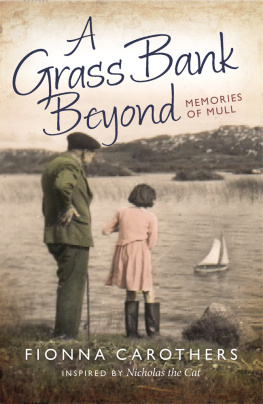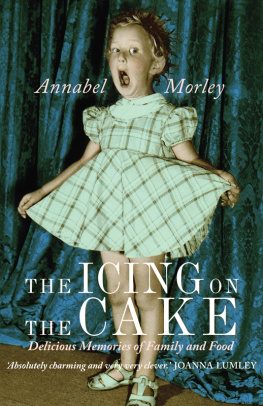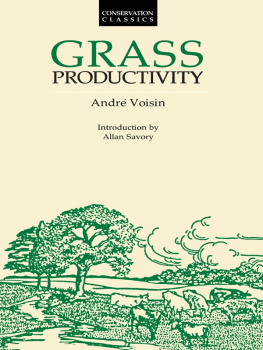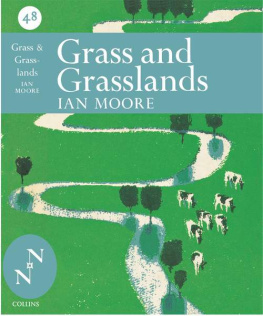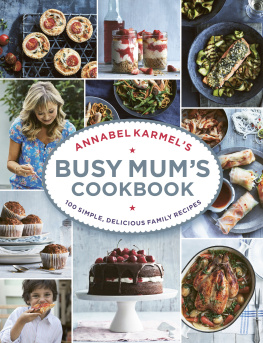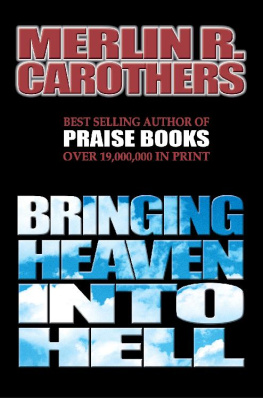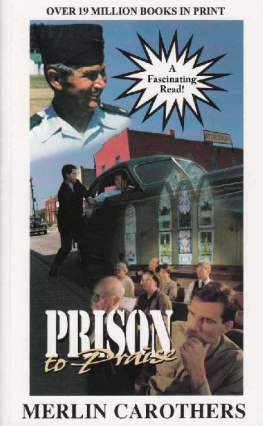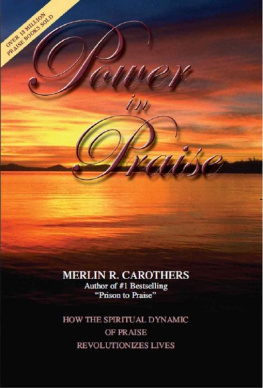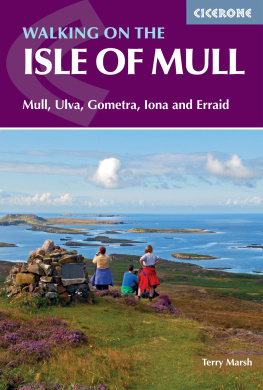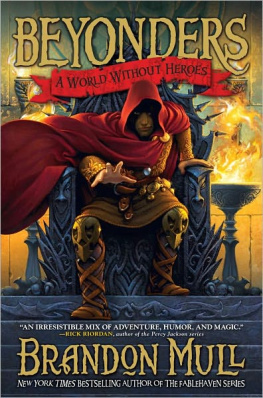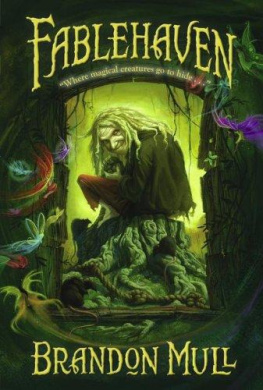A GRASS BANK BEYOND
Fionna Carothers is the daughter of novelist Annabel Carothers. She has had very different careers from freelance fashion model to gift shop manager. In 1993 she qualified as a Blue Badge guide at Glasgow University and has worked as a guide throughout Scotland and North America.
This eBook edition published in 2014 by
Birlinn Limited
West Newington House
Newington Road
Edinburgh
EH9 1QS
www.birlinn.co.uk
Copyright Fionna Eden-Bushell 2014
The moral right of Fionna Eden-Bushell to be identified as the author of this work has been asserted by her in accordance with the Copyright, Designs and Patents Act 1988.
All rights reserved.
No part of this publication may be reproduced, stored or transmitted in any form without the express written permission of the publisher.
eBook ISBN: 9780857908339
ISBN: 9781780272320
British Library Cataloguing-in-Publication Data
A catalogue record for this book is available from the British Library
Contents
INTRODUCTION
A Memory
Four ducks on a pond,
A grass bank beyond,
A blue sky of spring,
White clouds on the wing;
What a little thing
To remember for years
To remember with tears!
William Allingham, 18241889
Nicholas was a cat of character and talent. Not only was he very observant, but his memoirs, Four Ducks on a Pond, written with the assistance of my mother, Annabel Carothers, told the story of our life on the Isle of Mull where I spent so much of my childhood. My mother, who was known as Puddy by the family, consigned the manuscript to a drawer nearly sixty years ago. I was aware of its existence, but not of its contents until curiosity led me to transfer the original manuscript to a computer. As I tapped the words onto the keyboard, they brought back a flood of memories which have inspired me to add my own.
Every family in Britain was affected by the two world wars in the first half of the twentieth century, but we were luckier than most. Our home on Mull provided the perfect refuge. Achaban House belonged to my grandparents, Grandpop and Kitten, but it lay empty because they were stranded in India at the outbreak of the Second World War. For this reason, they were unable to attend the marriage of my mother, their younger daughter, to my father. A slap-up wedding in London had been arranged but declaration of war forced a change of plan. Puddy had no experience of school outside Cheltenham. With their parents away in India, she and her elder sister Margie were sent as boarders to the Ladies College at the end of the First World War. Poker-faced guardians and tight-laced aunts took charge during the holidays. This arrangement was not unusual at a time before air travel reduced the size of the world. Children and parents had no option but to endure long periods of separation and, as a result, Puddy attended College from the age of three, for a prodigious fifteen years. And so it was that she and Margie evacuated to Cheltenham at the outbreak of war. Apart from Mull, it was the only place they knew. And that is where she and my father were married in an intimate service among a few close friends.
After a quiet honeymoon in Devon, they settled in London and I was born a year later in a nursing home close to the Cromwell Road where a near hit in the first week of the Blitz persuaded my mother to depart with me for Mull. A cold and empty house in the middle of nowhere was a more attractive option. Despite this precaution, I nearly did not make it into the following year. A severe bout of whooping cough threatened to bring about my early demise. Following the sage advice of local people that I would be cured by the combined effects of sea air with a visit to the sacred Isle of Iona, even in the depth of winter, my mother duly bundled me up and took me across the narrow Sound of Iona and back. My speedy recovery reassured her that this advice, which might have been considered dubious even perilous had been worth the risk. We soon rejoined my father, who was in a reserved occupation, and therefore not in a position to leave London, and our nights were spent in the air-raid shelter beneath our block of flats. This period did not last long. Enraged by events, and being a man of action, my father enlisted with the Royal Marines, based at Chatham, while my mother and I moved to a cottage nearby.
I was three years old before I met my grandparents, Kitten and Grandpop, for the first time, and I vividly recall the day they finally arrived from India. I watched intently as my grandmother unpacked her leather dressing case, showing me each pretty item, eliciting my candid response: Can I have that when youre deaded? This approach was hardly calculated to endear myself to her, but she displayed remarkable equanimity and we soon become firm friends. To me she was Granny, but everyone called her Kitten or Pussoc, a term of endearment which derived from the Gaelic puisaeg bhic, meaning little cat, first used by her six elder brothers and not to be confused with Nicholas the Cat.
Kitten and Grandpop had barely met my father before he was dispatched to the Mediterranean to take part in Operation Brassard just ten days after the D-Day landings. It was a minor event with major consequences, for my fathers landing craft, LCF15, was blown up and the dreaded telegram missing, presumed killed coolly informed Puddy that she would never see her beloved husband again. Sadly I have only the vaguest recollection of my father, but he was artistic and I cherish the objects and pictures he left behind.
Grandpop and Uncle John soon became key figures in my life. Grandpop had been a doctor in the Indian Medical Service, becoming principal of the King Edward Medical College in Lahore, then in British India. John, his son and Puddys young brother, was up at Oxford, but not for long. He joined the army and was dispatched to Italy where he saw action before he was sent home with three wound stripes. He made a full recovery and returned to Oxford but, like many of his generation, could not settle. He was a talented writer and won a national script-writing competition which took him to East Africa to work on documentary films. After a while, he decided to rejoin the army, undeterred by his previous experience, and often returned to Mull during periods of leave.
Puddys elder sister, Margie, was bright but impractical. She had no intention of joining the armed services, or tilling the land, but her musical talent led her to the headquarters of ENSA, the Entertainments National Service Association, or Every Night Something Awful. She became continuity announcer for Geraldo and his orchestra, visiting munitions factories around the country, and broadcasting Break for Music which was designed to boost morale for the war effort. After the war, her boss took her with him to Ealing Studios where she joined the casting department, and later took charge. And it was in a pet shop close to the studios that she first met Nicholas.
Kitten was a native of Mull. She was born in Fionnphort, directly opposite Iona, the younger of two sisters with seven brothers. Their father was manager of the quarry nearby, famed for its distinctive pink granite which can be seen in the Albert Memorial, and many prominent buildings and bridges on both sides of the Atlantic. He had bought the old Free Kirk Manse nearby, naming it Achaban, a contraction of the Gaelic meaning white field, referring to the pale shade of grass which grew in the field the Big Park beside the house, and it was here that Kitten and Grandpop retired upon their return from India, making a perfect holiday home for Puddy and me.

